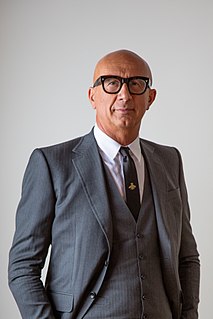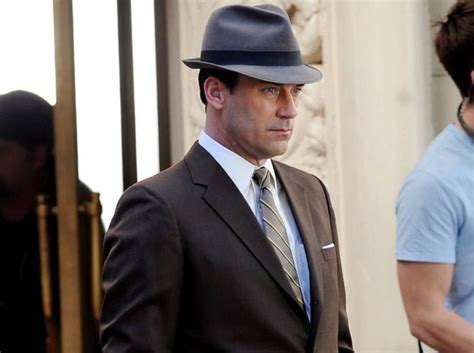A Quote by Wangari Maathai
The issue of carbon is one area where we really need to work together and if people don't have the technology they need, that technology needs to be made available and affordable.
Quote Topics
Related Quotes
At the beginning of almost every industry, the available products and services are so expensive to own and complicated to use that only people with a lot of money and a lot of skill have access to them. A disruptive technology is an innovation that simplifies the product and makes it so affordable that a whole new population of people can now have one and use it at the beginning for simple applications, and then it improves to the point that it makes the old technology obsolete.




































